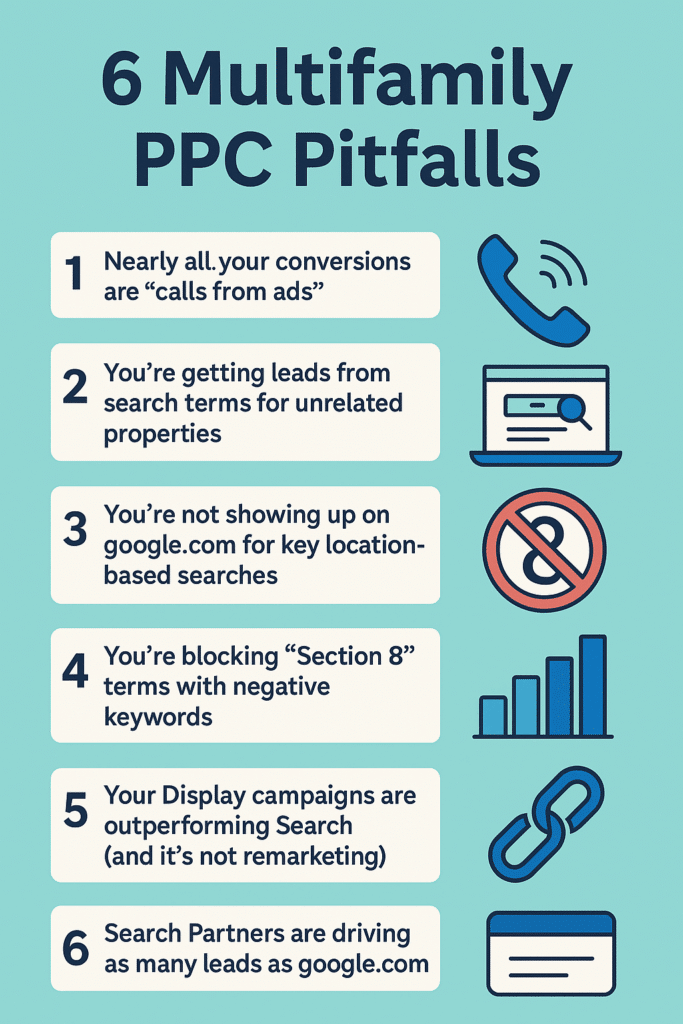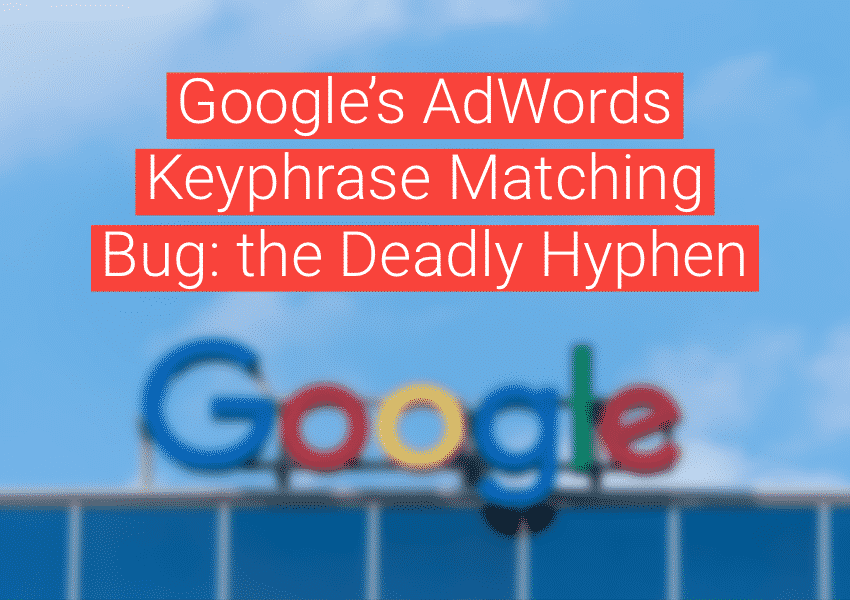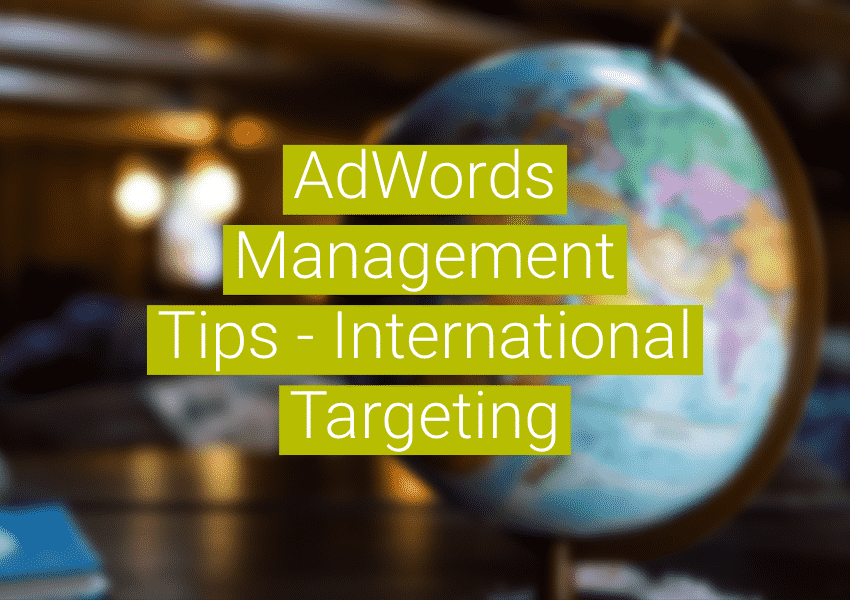Managing a successful Google Ads account for multifamily requires a balance between Google’s AI offerings and basic search campaigns. There are some simple clues to know if your accounts have struck the right balance, or if they require an overhaul. Here’s a list of pitfalls for multifamily paid search accounts in Google Ads—and what to watch for in your own campaigns:
1. Nearly all your conversions are “calls from ads”
This is something we’re starting to see across a lot of lead-based accounts. There are legitimate reasons why an account may be primarily producing calls from ads conversions, but it isn’t appropriate for multifamily. Calls from ads are expected when a person is already familiar with your brand and doesn’t need a lot of detail to understand your offerings, or if your product/service is a commodity. If you dig deeper into your CRM, you’ll likely find a lot or all of these calls are marked as wrong numbers. If your account is producing incremental traffic to an apartment community, there should be an appreciable number of contact forms, tour schedules, applications, and website calls, in addition to some calls from ads.
Pro Tip: Remove call and location assets from campaigns that only produce calls from ads (think Performance Max, or search campaigns with broad matching and automated bidding). This will increase the number of clicks that lead to your website and qualify visitors better.
2. You’re getting leads from search terms for unrelated properties
Search query reports from search campaigns and search terms insights from Performance Max show a large number of conversions coming from other properties that are not really comps. This goes along with number one. Google’s bidding algorithms, and Performance Max especially, like to show ads to people on mobile devices when they are searching for other properties that are near or somewhat in the vicinity of your property. Regardless of the quality of the apartments the person is searching for, they will sometimes generate leads for your property (typically calls from ads). If a prospect is searching for a property with much cheaper rents than your property and that person contacts your property, they probably are not a good lead.
Pro Tip: Regularly review your search terms and Performance Max Insights. Add negative keywords for non-competing properties, and ensure your messaging clearly differentiates your community by price, amenities, and location.
3. You’re losing presence on key location-based searches
Your ads no longer show on google.com for key search queries for the location of your apartment community – “apartments in [town or neighborhood of your apartments]”. Accounts that are Performance Max and/or broad match heavy sometimes will no longer show ads for key location search queries.

An ad for a specific community will probably never really dominate results for these types of search queries – ILS’s are tough to beat – but your campaigns should still have a decent exact match impression share for them. These types of queries are your best bet for high-quality, incremental traffic.
Pro Tip: Use a hybrid campaign structure. Layer in exact match keywords with dedicated search campaigns for location-based queries. Avoid relying solely on Performance Max or broad match for high-value searches.
4. You’re blocking “Section 8” related searches
You’ll never see an ad for “section 8” queries because your account has them blocked by negative keywords. Source of income is typically a protected class, meaning you cannot limit your ads from showing to people who use vouchers. If you are blocking “section 8” you should be sure that you understand the Fair Housing laws that apply to your property.
Pro Tip: Audit negative keyword lists for compliance. If your property accepts housing vouchers, ensure your campaigns aren’t excluding searches like “section 8 apartments.” If you don’t accept vouchers, consult legal counsel before applying keyword blocks that could be seen as discriminatory.
5. Your Display campaigns are outperforming Search (and it’s not remarketing)
You’re using Google’s in-market audiences to target audiences searching for apartments for rent on Google’s display network, and it is blowing your search campaigns out of the water. Outside of remarketing, the display network typically generates leads that are of no value. If you’re running ads on the display network, you need to run placement reports – very likely there are a lot of low quality placements producing leads. You should also be tracking the lead quality in your CRM.
Pro Tip: Run regular placement reports and use exclusions, keeping Fair Housing laws in mind. Always validate lead quality in your CRM, particularly for display ads.
6. Search Partners are driving as many leads as google.com
Google’s search partners are producing as many leads as google.com in non-branded campaigns. This should never happen in any account because search partners are supplemental at best. For multifamily, a lot of search partners are directories for low income housing and senior housing. These websites are sometimes set up to make the ads look like they are regular listings inside the directory. You may not want to block these placements to stay in compliance with Fair Housing laws, and sometimes Google’s automated systems make them the focus of your campaigns.
Pro Tip: Opt out of search partners if you’re seeing search campaigns dominated by this traffic when you segment by network, or if you see suspect matching in search query reports that point to poor quality search partner traffic.
The right balance of automation and control
A good Google Ads setup for multifamily strikes a balance between broad targeting and narrowly controlled targeting – automation and manual optimization. Understand the search queries that make up your account’s core, and be sure your focus is there, using clues from conversion types, impression share, search query reports, placement reports, and network segmentation.
If your account is missing the mark, a strategic audit can help uncover exactly where things are going wrong—and how to fix them.
Ready to Enhance Your Multifamily PPC Strategy?
Reach out to us to discuss how we can tailor a strategy to your unique needs.




